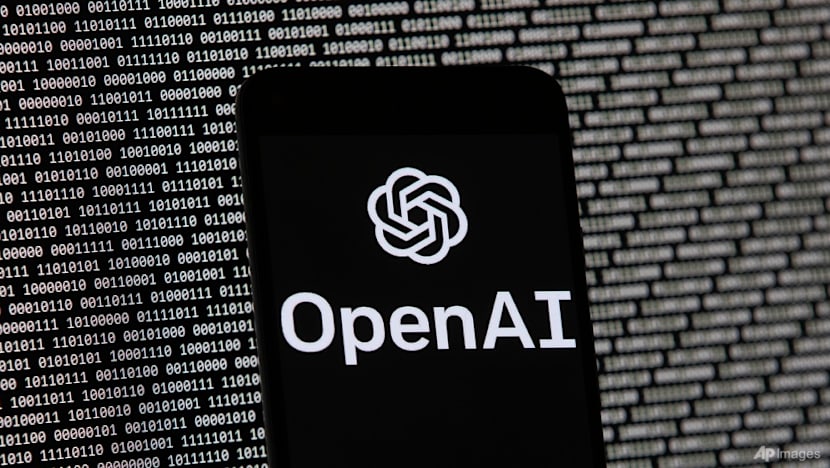OpenAI launches ChatGPT Atlas to challenge Google Chrome’s dominance

SAN FRANCISCO: OpenAI launched ChatGPT Atlas on Tuesday (Oct 21), an artificial intelligence-powered web browser designed around its popular chatbot, in a move that could loosen Google Chrome’s long-standing grip on the global browser market.
Shares of Alphabet, the parent company of Google and owner of Chrome, slipped 1.6 per cent in afternoon trading following the announcement.
AI BROWSERS GAIN MOMENTUM
ChatGPT Atlas joins a growing field of AI-enhanced browsers that includes Perplexity’s Comet and Opera’s Neon, as companies race to embed tools that can summarise web pages, complete forms and write code.
The new browser allows users to open a ChatGPT sidebar in any window to summarise content, compare products or analyse data from websites. In its “agent mode”, ChatGPT can directly interact with pages, enabling users to complete multi-step tasks such as planning trips or shopping online.
Atlas is currently available globally on Apple’s macOS and will soon roll out to Windows, iOS and Android devices.
OPENAI EXPANDS BEYOND CHATBOTS
Led by entrepreneur Sam Altman, OpenAI revolutionised the tech industry with the release of ChatGPT in late 2022. Following its explosive growth, the company has faced increasing competition from Google and AI startup Anthropic, and is now seeking new areas for expansion.
Last month, Google integrated its Gemini AI assistant into Chrome for US users, with plans to extend the feature to the iOS Chrome app.
A federal judge ruled in September that Google will not be required to sell its Chrome browser, allowing it to continue paying partners to promote its search engine. Judge Amit Mehta noted that the rapid rise of generative AI, from both Big Tech firms and startups, now poses a significant challenge to traditional search models, making those payments “more acceptable”.
















